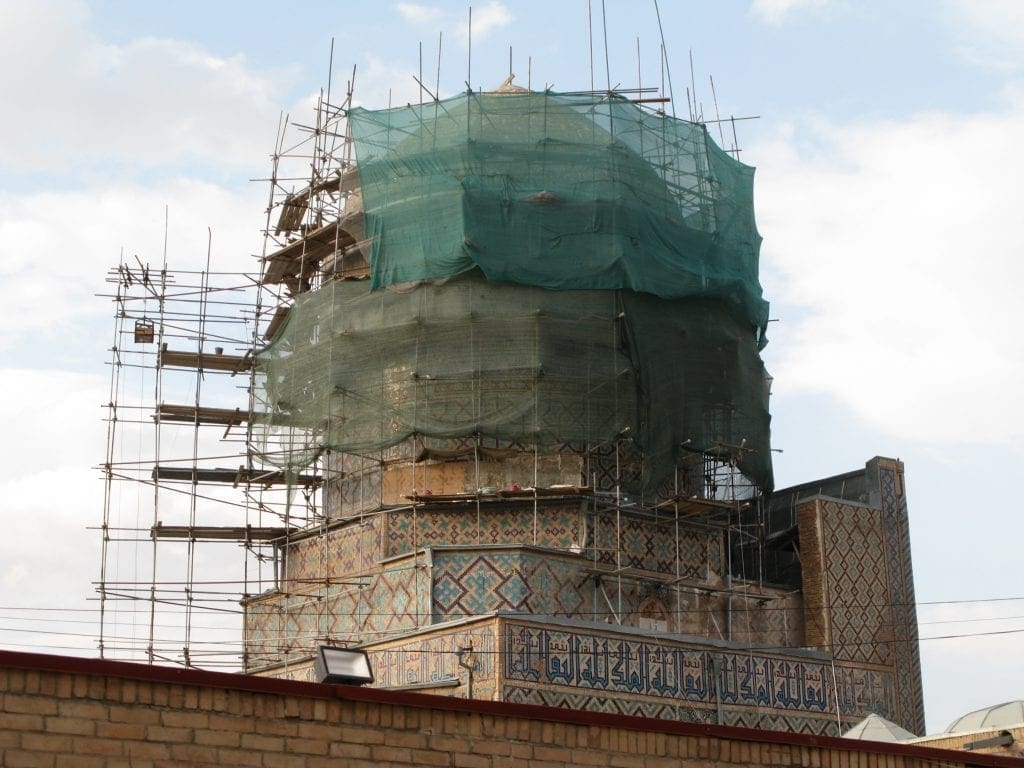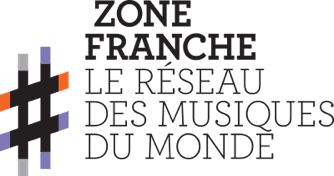What if a tradition could go back in time, with the help of modernist creativity, instead of having to flow with the current, passed down from generation to generation? Let’s take a look at the case of Uzbek-Tajik Shashmaqom, designated as a tradition at various times in its history in order to construct a bright future for heritage, and reclaimed by the musicians of today.
A classical form of music from Central Asia that emerged during the 17th century, Shashmaqom is built on a modal system (the “maqom”), which covers, with variations, a huge area stretching from the Maghreb to Xinjiang. Before the Soviet revolution, during the Khan period then the Tsarist colonisation, Shashmaqom from Bukhara was performed in small numbers at the rulers’ court and transmitted orally.
With the revolution of 1917, Shashmaqom found itself caught up in the political and ideological turmoil. In the 1920s, the great reformer of Bukhara, Abdurauf Fitrat (1886-1938), who aligned himself with the Soviets, had Shashmaqom transcribed to put it on an equal footing with Western classical music. But during this period of nation building, the Tajik lyrics could not be published in Uzbekistan. Shashmaqom, a tradition shared on both sides of the borders, then began its career as a marker of Uzbek national identity. It was, however, decried by the authorities in Moscow as “feudal music” in the early 1950s, only to be rehabilitated after the death of Stalin; it was not taught at the Tashkent Conservatory until 1971.
During the Soviet era, Shashmaqom underwent modifications imposed by the aesthetic canons of the time: it was performed by large ensembles and the instruments were altered to suit the equal temperament, the tuning system used in Western classical music. At the same time, composers used the melodies, rhythms and structure of Shashmaqom to compose what would become the “Soviet music” of Central Asia, a symbiosis of local traditions and Western music.
Ziyadullo Shakhidi (1914-1985), Symphonie des Maqom, 1977
Shashmaqom thus became a tool for creating the music of the future in the Soviet plan for the transformation of man and society. Gradually abandoning their aim of completely merging the nationalities into a single Soviet people, the builders of the Soviet cultural policy relied on the establishment of identities specific to each of the peoples of the USSR. Shashmaqom thus became involved in the construction of the national culture of the Soviet Uzbek and Tajik republics.
After the dismantling of the Soviet Union and the independence of the Central Asian republics, Shashmaqom remained a tool for the construction of politics and identity in Uzbekistan and Tajikstan; it was added to UNESCO’s list of intangible cultural heritage for both countries.
Shashmaqom was then carried on by great musicians, such as Turgun Alimatov, known for bringing a personal element to his performance, and the singer Monajat Yulchieva, recognised as one of Shashmaqom’s greatest voices, both in Uzbekistan and abroad.
https://www.youtube.com/watch?v=gIFcRP3uWds
Shashmaqom still lies at the heart of predictions of what the music of the future will be in the new republics of Central Asia. In Uzbekistan, some musicians are becoming interested in unequal temperaments (interval systems different from that of Western classical orchestras) and ancient treatises on rhythm and ornamentation. This research is being carried out by a contemporary music ensemble known first and foremost as being representative of the musical avant-garde in Uzbekistan, the Omnibus Ensemble.
With the opening of the borders, the spread of Western avant-gardes is accelerating in Central Asia, conveyed by a few passionate musicians and funding from major foreign powers who see support for the arts as a means of establishing their influence in the region. The Omnibus Ensemble is one of the main exponents of this new contemporary music from Central Asia, as yet little supported by the Uzbek state.
Alongside the great Shashmaqom player Avror Zufarov, Omnibus has developed a precise notation of intervals, ornaments and rhythms:
Their goal is to demonstrate that this repertoire can be played by musicians from all over the world, contrary to the commonly accepted idea that it has to be “in your blood”. Bringing together research into ancient playing techniques and contemporary experimentation, Omnibus leads educational projects in Tashkent and other Central Asian capitals, Bishkek in particular.
These teaching programmes were recognised in 2019 by the Music Award bestowed by the Aga Khan Foundation, which supports projects to create, educate, safeguard and revitalise musical cultures in the Muslim world.
This is a new page in the political and aesthetic history of Shashmaqom, which remains a regional emblem based on which the music of the future is imagined.


